The views expressed in our content reflect individual perspectives and do not represent the authoritative views of the Baha'i Faith.
Pencils. Growing up, that’s what my parents handed out on Halloween. Not fun-size chocolate bars, packs of colorful candies, or licorice. Not even bags of popcorn that someone’s mom would inevitably chuck in the garbage over fears they’d been laced with poison. Nope. Every year my dad headed to the store to buy a dozen boxes of No. 2 pencils.
“Did your parents give those out because you’re Baha’is?” a friend recently asked. I’d been making her laugh by telling her how you could see the hope on kids’ faces that perhaps our house would be the house that Halloween dreams are made of: a place that passes out full-size candy bars. And then my dad would reveal his ginormous bowl of… pencils. I chuckle now, thinking about how I’d go to school the next day and receive the stare of death from kids whipping out the Halloween pencil in math class.
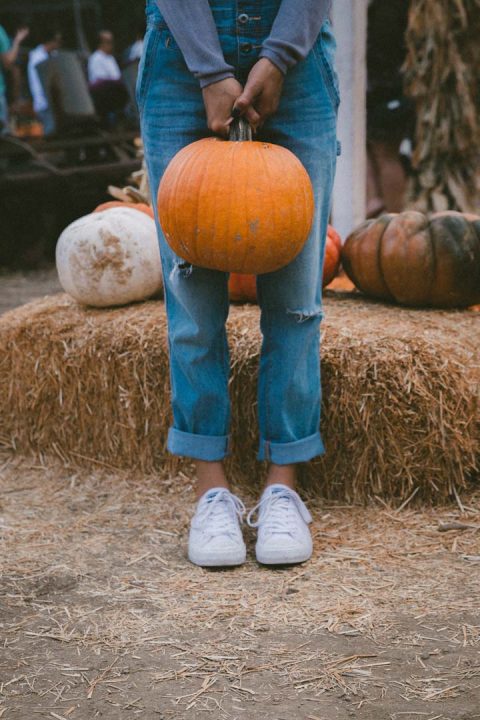
But no, the pencils had nothing to do with the Baha’i Faith. My dad is an educator, my mom banned foods with sugar from our home, and they’re both nerds — so that combination resulted in pencils being seen as “treats.”
Given that the Baha’i Faith is less than 200 years old and is the world’s newest independent religion, the question of whether Baha’is celebrate Halloween, or have any guidelines for observing it, is a good one. Folks may not always be friends with a Baha’i they can ask, or they might not know whether or not Baha’u’llah, the prophet and founder of the Baha’i Faith, wrote about Halloween. They also might not know if any of the other central figures of the Baha’i Faith offered any guidance on the holiday.
I’m also a nerd, so I headed to the official online Baha’i Reference Library and typed “Halloween” into the search box. No results popped up — no specific admonition from Baha’u’llah to celebrate Halloween or not. However, Baha’is are advised “to preserve their inherited cultural identities, as long as the activities involved do not contravene the principles of the Faith. The perpetuation of such cultural characteristics is an expression of unity in diversity.”
Some Baha’is don’t celebrate Halloween, while others dress in costumes, hand out candy, and decorate their homes. Like many people, Baha’is who do celebrate Halloween see it as an opportunity for family bonding.
“We do it up as a family every year,” my friend Lucas Rivera, a Baha’i who lives in South Los Angeles, tells me. “Not because it’s Halloween, but because it’s something to do with my family.”
When my sons, who are now 17 and 19-years-old, were little, I took a similar approach to Halloween. It was an opportunity to make meaningful, lasting memories as a family, and I tried to apply Baha’i principles to the way we celebrated.

For example, Baha’is believe in the principle of the independent investigation of truth, which means I’m not automatically a Baha’i just because my parents are. I chose this faith for myself. It also means I do my best to apply this principle to every aspect of my life, including deciding whether I participate in Halloween. After all, the Baha’i writings tell us that “blind imitation of the past will stunt the mind. But once every soul inquireth into truth, society will be freed from the darkness of continually repeating the past.”
“We have to ask ourselves what is the root, what does it mean, and where did it come from?” says my friend Syda Segovia Taylor, a Baha’i living on the Southside of Chicago. When Syda was growing up, she had no idea that Halloween has roots in Samhain, an ancient Irish pagan religious festival that derives from even older Celtic spiritual traditions.
Because Baha’is are encouraged to avoid following the rituals of the past, we’re advised to remember that many “festive celebrations have no doubt stemmed from religious rituals in bygone ages.” But Bahai’s “should not be deterred from participating in those in which, over the course of time, the religious meaning has given way to purely culturally oriented practices.”
“There are so many holidays that we observe without knowing the answers to these questions, so we have to ask ourselves if we’re stuck blindly imitating the past,” Syda says.

Indeed, my now 17 and 19-year-old sons grew up with engaging, age-appropriate explanations of Halloween: I read them stories about its Celtic past when they were younger, and as the years passed, they watched documentaries about how Irish people who fled to the United States during the Great Famine of the 1840s imported their Halloween traditions, including pumpkin carving. My sons have even learned about how marketing and capitalism in the 20th century drove the Halloween boom due to candy companies being able to mass-produce sugary treats.
If one of them said they wanted to dress up as Dracula, well, that meant we were doing a deep dive into the legends, superstitions, and historical facts that led to the creation of Bram Stoker’s 1897 novel. Along with taking historical context into account, I also considered costume choices through the lens of the core tenet of the Baha’i Faith: the unity of humanity.
Baha’u’llah wrote that “It behooveth man to adhere tenaciously unto that which will promote fellowship, kindliness and unity.” So we’d talk about whether a costume idea met that criteria or not.
This focus on unity also enabled us to avoid racist or sexist costumes. Every year on Halloween there are news stories about people dressed in costumes that feature blackface or impersonate Indigenous peoples, or that are caricatures of professional women.
“What if instead, we could create a day where we get to dress up as our best self — what superpowers do you have?” Syda says. “What if we could create a day and dress up as that?”
Truly, in a year when twin viruses — COVID-19 and racism — have infected our lives, caused so much suffering, and killed so many Americans, Halloween feels a bit odd. I suspect it’s because I see that the entities that would harm me and my sons — people who embrace anti-Blackness or who reject the science of wearing face masks — aren’t supernatural.
Still, despite the very real horrors going down in our world, I’m going to dress up. God loves laughter, so if you see a woman walking a dog in Los Angeles in a homemade peacock costume, it’s me! — and I’ll order take-out for my family from the same late-night Los Angeles diner I took my sons to every year after trick-or-treating. But mostly, I’ll be thinking of what Syda said about amplifying our spiritual superpowers. Kindness, love, and unity are present in each of us, and there’s no doubt we need them now more than ever.


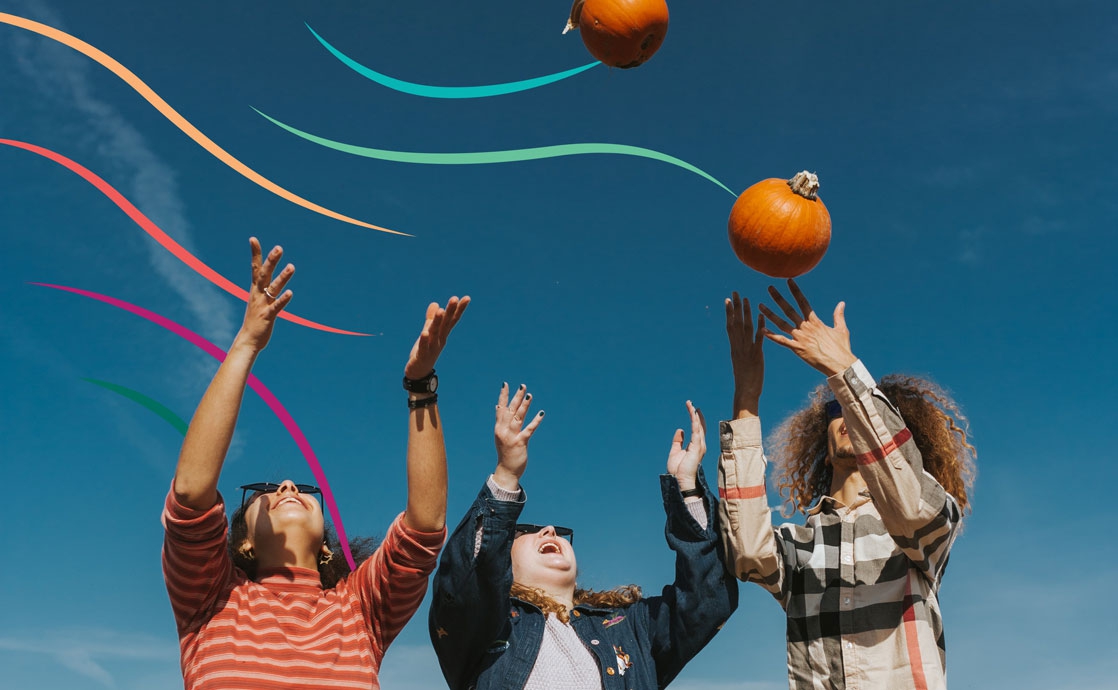


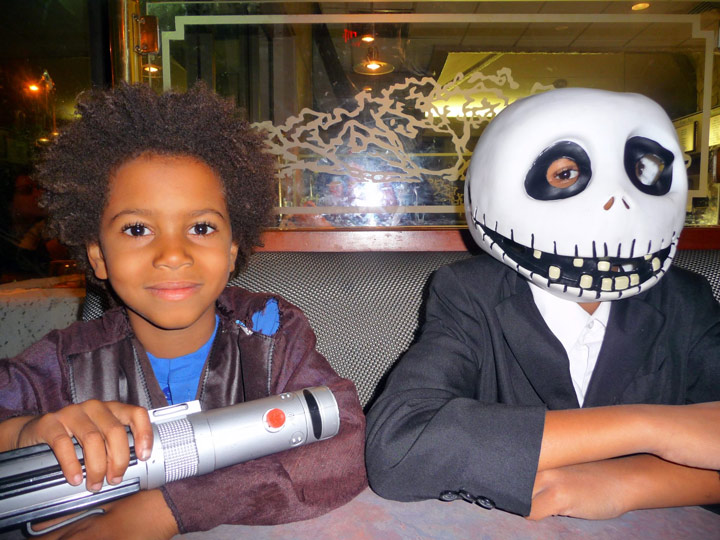

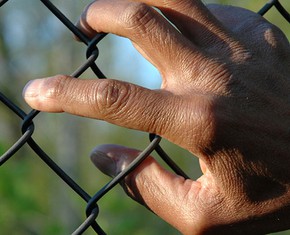
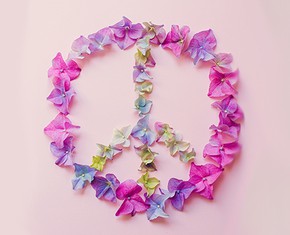
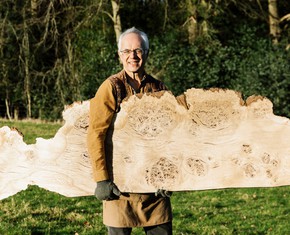









Comments
Sign in or create an account
Continue with Googleor